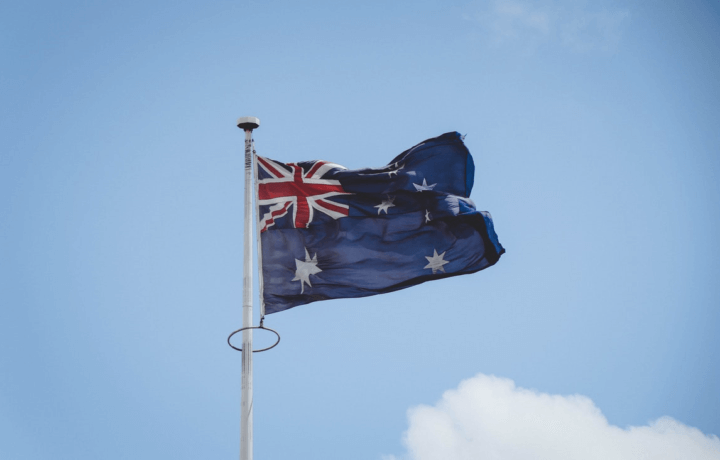In an announcement by their Parliament earlier this year, the domestic spy agency for Australia, the ASIO, has taken over the vetting process for high level security clearances.
In an attempt to ‘centralize Australia’s highest-level vetting functions within ASIO and leverage capabilities and holdings’, the ASIO is working towards the best way to assess if an individual is, and remains, suitable to hold privileged access, said ASIO’s boss, director-general of security Mike Burgess.
Clearance holders a Target
In a submission to the Australian Parliament in May, the ASIO made a case for legal changes to allow their agency to become centrally responsible for issuing Australia’s highest level of clearances due to the current threat of ‘hostile foreign powers and their proxies’.
In that same submission, the ASIO stated that foreign spies are ‘targeting [their] security clearance holders, those with access to Australia’s most privileged information, capabilities and secrets’.
Australia Security Clearance System Gets a Makeover
The Australian Security Intelligence Organization Amendment Bill 2023 was approved without challenge by the Parliament. The motion also gave ASIO command of a newer Top-Secret-Privileged Access level of clearance that replaced the Positive Vetting (PV) clearance. Other complaints included too many agencies holding and determining security clearances.
Prior to this bill, the security clearance system in Australia faced much scrutiny due to questions of consistency, efficiency, and security. The bill helps to remove barriers and unnecessary delays, as well as, give applicants a clear process to review security clearance denials and revocations. A key way to become less of a target to adversaries is by making sure you aren’t creating an insider threat.
“A consistent approach to issuing and maintaining the highest-level security clearances will improve the mobility of Australia’s highest cleared workforce in a complex, challenging and changing security environment,” Burgess said.
“Security clearances are not titles or rewards – they come with serious on-going responsibilities,” Burgess stated recently after the ASIO identified nearly 16,000 Australians declaring their clearance levels on professional networking sites, such as LinkedIn.
Australia’s lower level security clearance responsibility and vetting will remain unchanged and stays in control of the Australian Government Security Vetting Agency.




